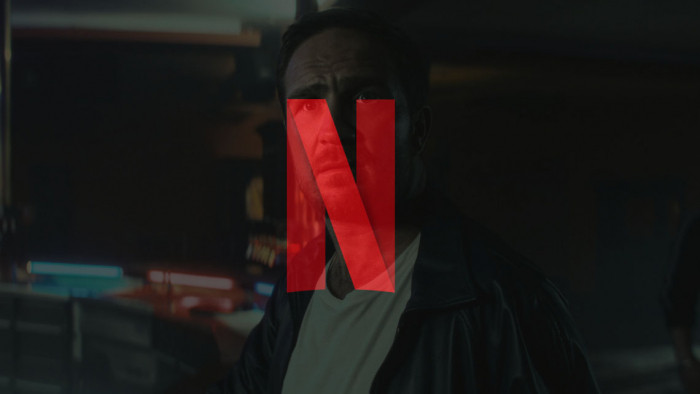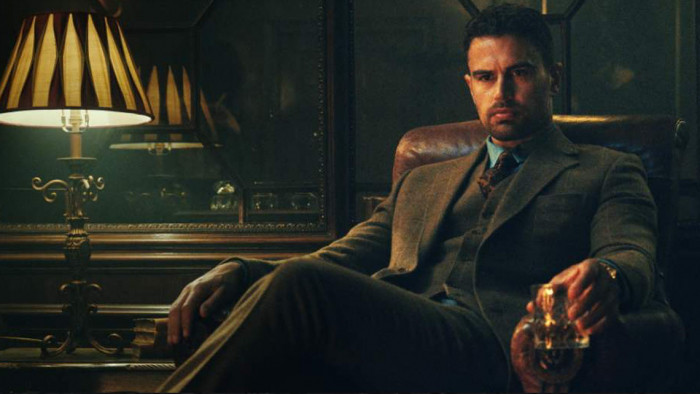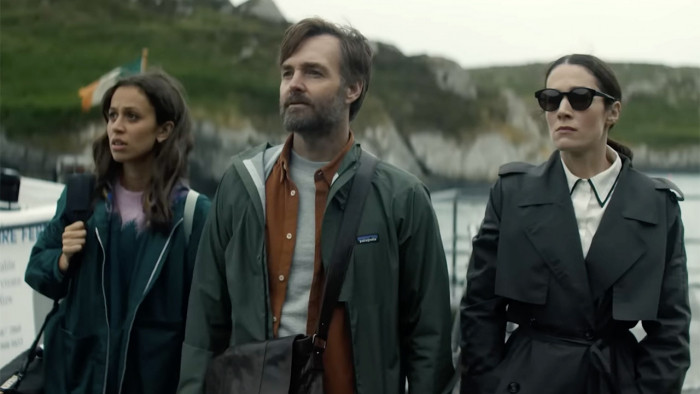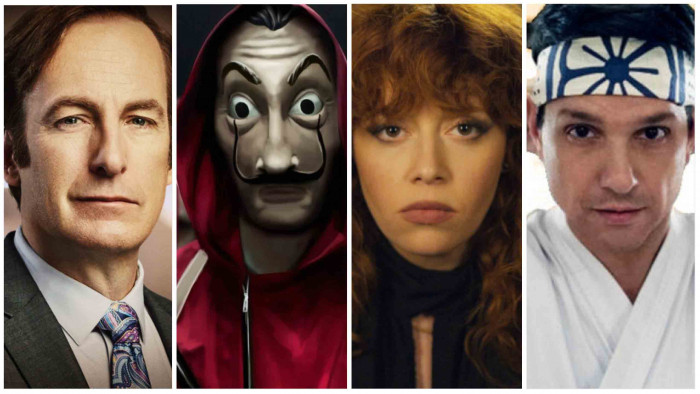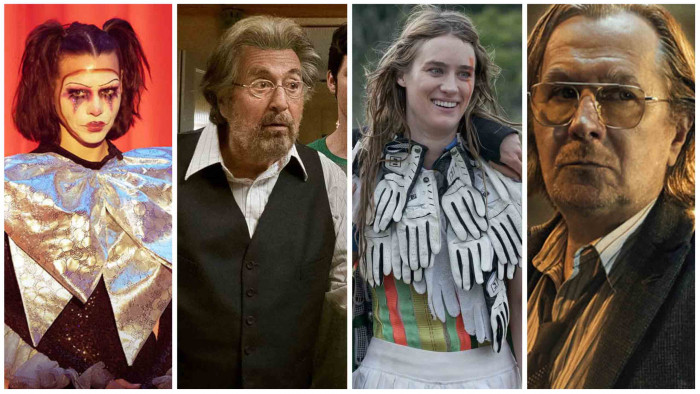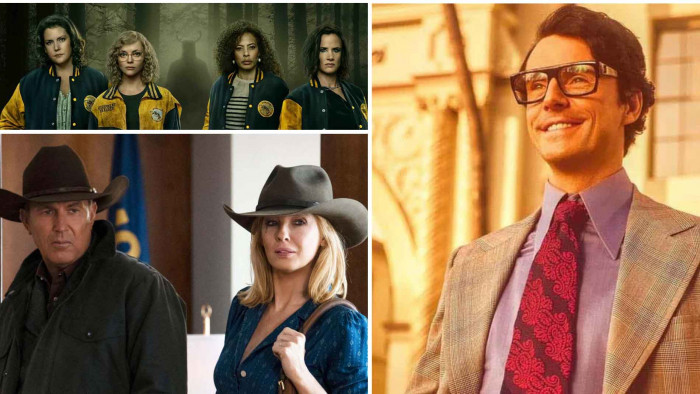Loud ties, an iconic speech pattern and a quick wit have made Jonathan Ross the most memorable chat-show host of the 21st century. As part of our 'Greatest'-themed 400th issue, he talks about his incredible career
I’m pleased I’m not with the BBC any more. It seems to be a lot of pain for everyone there. The papers love beating up the BBC; they loved attacking me and attacking everyone who’s there now. So it’s a much easier life not being there. I’m not one of these w*nkers who works for someone for years and then goes, “Oh, these f*ckers did this to me.” I’ve got nothing but very positive memories, and nothing but good words to say about them. The BBC will survive, I think; the licence fee won’t in the form it is now. I don’t think it’ll make a lot of difference – I think they’ll still have a lot of money to spend.
Some people don’t like me, but most people would have to acknowledge you don’t have a career doing the same thing for this period of time in a competitive field like television without being pretty good at it. I have a reputation, I have a certain following, and other people show me that respect.
I f*cking love Sylvester Stallone. When Stallone’s on I’ll say, “I LOVE OVER THE TOP” and people think I’m taking the p*ss. But I f*cking love those films. I never lie about it. I really did try hard not to fake it. One of the things people are very quick to sniff out is a lack of authenticity. One of the comparatively few positive things that’s come out of this incredible period of social networking is that people are calling bullsh*t more often.
If I’ve seen a film and thought it was a horrendous, terrible piece of sh*t and I’ve got someone booked on the show, I’ll pretend I haven’t seen it. I don’t think that’s cheating. What I’ll say is, “Well, good luck with the movie.” Normally they probably feel the same way. You’re not really lying. Look at Sandra Bullock: the same year that she made The Blind Side, for which she won the Oscar, she also made All About Steve, which I found to be virtually unwatchable.
Life often takes unexpected turns. That’s one of the things I have learned over the years. You grow a little more realistic and you don’t take things personally. I’m an old man now. You’ve got to acknowledge that; you’ve got to do what is appropriate for your age group.
I’ll get very interested in something for a brief period of time, and then less interested in it. I’ll focus very much on one thing and get carried away with it and I’ll be so excited that I can’t believe not everyone wants to make a show about it. And when they do, sometimes I get bored.
I think I had some basic skills. Some nights you earn your money a lot more than other nights. When you go into the interview, try to have an idea what you want to get out of it. A lot of it is prep: knowing your subject, knowing what questions you feel other people want to hear asked. You’re kind of in charge, but at the same time you mustn’t dominate; you have to steer but you mustn’t steer too clumsily or too strictly, because sometimes the most vivid moments come from a time when someone goes down a blind alley. You could say it’s not rocket science, but I imagine if you’re a rocket scientist then rocket science is easy. That’s probably why I’m still doing it: a) I still enjoy it, and b) I’m obviously still good enough at it to keep getting employed.
If there isn’t a clear reason you’ve booked someone, then you shouldn’t have booked them. Sometimes being super-famous is enough. If you get someone who people haven’t seen before, they’re excited – they’re often a bit disappointed by the end, but they’re normally excited just by their presence in their building.
Sometimes people come out and they don’t try very hard. I almost feel like saying, “We’re not really having a f*cking conversation here. This isn’t really about you and me having a heart-to-heart. This is about us creating something for the audience.” Having said that, I’m very pragmatic about this. I’m aware that it’s on me to make it work. It’s my name on the show. If they don’t deliver, I feel bad about my own work. Naming names always feels a bit churlish, but there have been a few – but as Frank Sinatra says, “Too few to really mention” or whatever the f*cking quote is.
I think I’m a pretty good talk-show host. I suspect I could probably do stand-up and I would be tolerated as a mid-level comedian. But I don’t have that drive. I don’t have the brilliance. I don’t like the idea of going out every night and standing onstage. I like doing my show, but I wouldn’t like doing my show every night of the week.
Earlier on I was in a state of giddy excitement that I was being paid to do this. Over the years there have been times where I’ve thought, “This is incredible.”
Ross will be sitting on the jury for the EE Rising Star award for Bafta 2016


